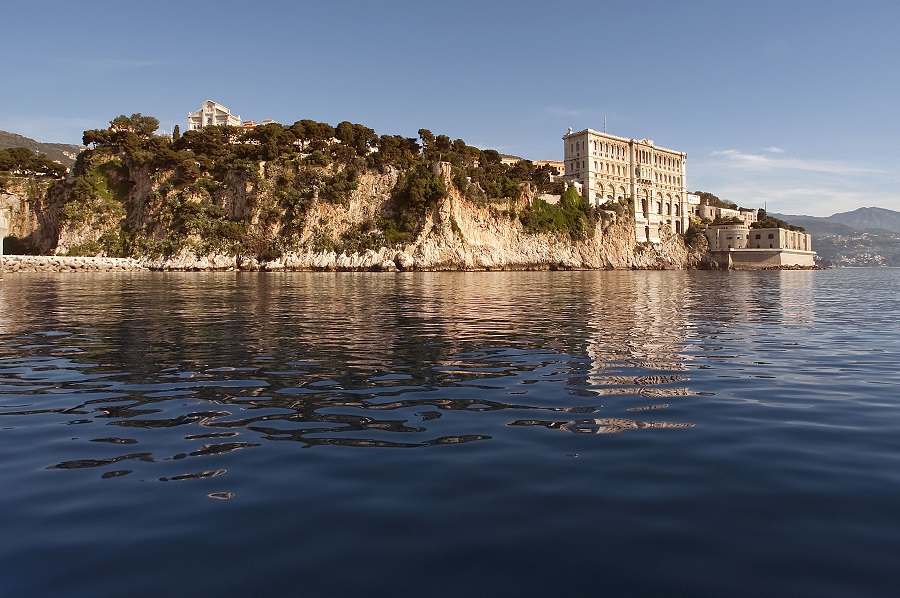Monaco has joined in commemorations for the 40th anniversary of the adoption of the UN Convention on the Law of the Sea, where the call was made to finalise a concrete law protecting marine biological diversity areas.
Isabelle Picco, a permanent representative of the Mission of Monaco at the United Nations (UN), and Florian Botto, the mission’s first secretary, were both present at the 40th anniversary of the adoption of the Convention of the Law of the Sea, which took place in Montego Bay, Jamaica, on 8th and 9th December.
At the end of a year punctuated by numerous meetings on the oceans, such as the UN Ocean Conference in Lisbon in which Prince Albert II took part, the Monegasque diplomat said that the pressures on the oceans are increasing, in particular due to pollution and the adverse impacts of climate change.
He spoke about how Monaco promotes ocean conservation through effective marine protected areas and has always supported marine science and research, highlighting the first ever science festival organised in October 2022 by the Scientific Centre of Monaco, praising its work and that of the Oceanographic Institute, the marine environment laboratories of the International Atomic Energy Agency, and the International Hydrographic Organisation, established in the Principality.
In celebrating the 40 years of marine multilateralism ushered in by the adoption of the Law of the Sea, considered “the constitution of the oceans”, speakers in the General Assembly also underscored the need to continue that tradition with a binding instrument on sustainable use of marine biological diversity of areas beyond national jurisdiction.
In his opening address, General Assembly President Csaba Kőrösi called for the need for a legally binding tool to better manage marine conservation areas that fall beyond national jurisdiction.
António Guterres, Secretary-General of the United Nations, continued by reminding delegates that “the Convention is more relevant than ever”, and stressed the importance of ending the division between profit and protection as well as the support of developing countries, particularly those with small islands.
While reflecting on the history of the convention, the common theme of discussion by delegates was the agreement that further governance is required.
Some of the notable comments made by speakers included those from Rwanda’s representative, speaking for the African Group, who criticised the current framework as being “fragmented and inadequate” while South Korea asked for a “soul-searching” examination of the robustness of the current Convention.
SEE ALSO:
“Ocean rights, like human rights, is about shifting our core values”
